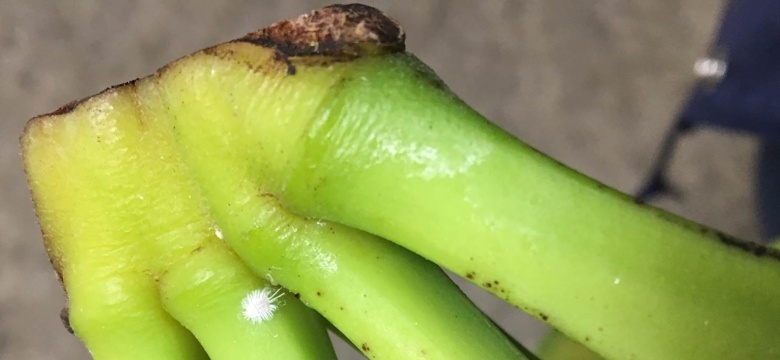
The Department of Environment and Natural Resources (DENR) advises the public that there may be a temporary shortage of bananas in the coming weeks due to continued pest contamination of imported banana shipments.
DENR has been working together with local importers to find ways to continue to import bananas while reducing the additional costs importers have incurred through the necessary inspection process which screen the shipments for these pests.
Proposed solutions include reviewing current inspection techniques with our overseas counterparts to ensure that only clean shipments arrive in Bermuda and also developing a system on-island to treat incoming shipments through the use of consumer-safe products and treatment techniques that effectively control pest infestations without damaging the produce.
DENR has made it a priority to effect the changes as fast as possible so as to minimize any shortages for the public.
The issue first came to the attention of the department in November 2018 when many bunches of imported bananas were found to be infested with two insect pests - scale and mealybug. The bananas were grown in South and Central America and shipped into Bermuda through U.S. suppliers.
Further inspections of local distributors and grocery stores at that time revealed the infestation with these pests to be widespread throughout all imported bananas. Infested fruit was immediately removed from the shelves of grocery stores and destroyed as a result of the presence of these insect pests.
“The number of live mealybug and mealybug eggs found was alarmingly high and posed a serious risk to Bermuda’s banana industry, local crops, and ornamental plants,” explained the Minister of Home Affairs the Hon. Walter Roban JP MP. “The scale insect infestation was equally concerning as live scale and eggs were detected on all parts of the imported banana fruit. Samples of the mealybug were sent to the Division of Plant Industry in Gainesville, Florida for identification. The mealybug was identified as a species that is not known to occur in Bermuda.
“Plant biosecurity is of paramount importance to any country to safeguard food security, sustainability of agricultural and horticultural production, and also protects the livelihood of farmers and landscapers. As a result of tireless efforts of the Department of Environment and Natural Resources, Bermuda is still free from many devastating pests that are causing serious damage and losses elsewhere. It is essential to continue to prevent the entry, establishment and spread of these invasive pests as they could wreak havoc in Bermuda.”
Mealybugs feed off all of Bermuda’s important agricultural crops, bananas, fruit trees, as well as ornamental plants such as hibiscus, rose, croton, and palm species. Exposing these pests to the local environment could lead to their establishment on locally-grown bananas, fruit trees, ornamentals, and other food crops and will result in the reduction of yield and crop quality. Further negative impacts on local plants can occur due to the transmission of viruses, leading to deformed produce, yield reduction, decline, and death. Even when an intercepted insect pest is already present in Bermuda, our resident populations of similar insects have not have been exposed to the virus(es) that can be transmitted by these insects.
Mealybugs and scale are notoriously difficult to control with pesticides as both insects have waxy coverings that protect them from contact pesticides, and both pests naturally hide in crevices and cracks on plant material, which makes it very difficult for the pesticide to reach and effectively treat them. An alternative control, namely the use of systemic pesticides, can result in the accumulation of pesticides in fruit and consumable plant parts, exposing the consumer to these chemicals.
“Currently, local importers of bananas are required to have their product pre-inspected in the country of origin prior to export,” explained Minister Roban. “Upon arrival into Bermuda, each banana shipment is then inspected by trained DENR staff. Frequently, however, the DENR personnel inspect boxes that are marked as inspected overseas, only to encounter the pests on these bananas.
“Therefore, despite the significant screening efforts by the Department and local importers, shipments continue to arrive on island infested with live mealy bugs and scale in all stages of their life cycle.
“However, we are confident that we can work with importers to implement a solution, causing minimal inconvenience to the public.”










